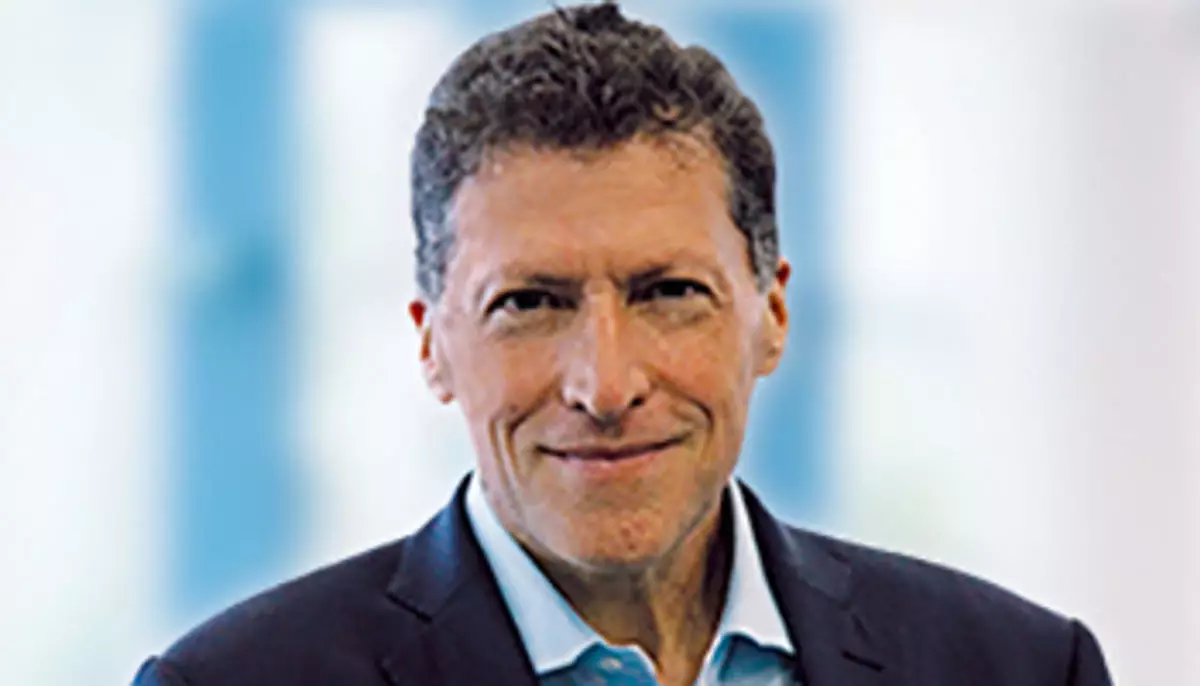The travel industry, particularly cruise lines, has come under increasing scrutiny regarding their treatment of diverse clientele. The unsettling incidents reported by travel advisor Margie Jordan involving racial discrimination during an MSC cruise highlighted the pressing need for a paradigm shift in how companies address issues of diversity and inclusivity. In a world where consumers are increasingly mindful of social justice and equity, failures to create welcoming environments not only alienate customers but also pose significant reputational risks for companies.
Ruben Rodriguez, the president of MSC Cruises USA, acknowledged these concerns, stating that the incidents did not reflect the company’s core values. This expression of concern, while reassuring, raises questions about the systemic structures that may enable such behavior. Understanding that words must be backed by meaningful actions is essential for restoring confidence in customers, particularly those from marginalized communities.
Following the outcry from the incidents reported, key figures from the travel sector, including Bob Sullivan from Northstar Travel Group, initiated constructive dialogues with Rodriguez. This highlighted an essential step toward accountability: engaging directly with affected communities for tangible feedback. The establishment of a connection between MSC and members of the Black Travel Advisory Board signifies an acknowledgment of the necessity of involving diverse perspectives in the decision-making process.
The need for a candid, off-the-record dialogue is fundamental in situations of distress. By allowing stakeholders to speak freely, companies like MSC can uncover uncomfortable truths about their corporate culture. Such transparency fosters a sense of trust and paves the way for productive solutions that resonate with community values.
In what is being described as a proactive response to the criticism, MSC took the commendable step of engaging psychologist Magali Bertolucci to spearhead the development of an impactful Diversity, Inclusion, and Wellbeing plan. This initiative underscores two critical aspects: first, the notion that change must begin from within a company; and second, that inclusive practice should be informed by both rigorous analysis and personal narratives.
Bertolucci brought with her years of experience from the recruitment and training sectors, emphasizing the idea that a culture of inclusion should not be an afterthought but a foundational pillar of the company. The creation of a 12-person Diversity and Inclusion Advisory Committee is a step toward embedding these values in the daily operations of MSC, serving as a reservoir of insights that can guide meaningful reform.
One noteworthy aspect of MSC’s approach is its consideration of “Wellbeing” as a core component, a term that goes beyond traditional notions of diversity and inclusion. The decision to use “Wellbeing” reflects a deeper understanding that inclusion must extend into the psychological and emotional realms of individuals whose backgrounds may not have been sufficiently represented in corporate decision-making processes.
As outlined by Bertolucci, the understanding of what constitutes diversity continues to expand beyond mere statistics. It encompasses the need for an organization-wide shift that values the varied experiences, voices, and cultures of both guests and employees alike. The initiative becomes a living, breathing entity, adaptable and responsive to ongoing input from the workforce and community at large.
Evaluating the efficacy of the new DEI plan is paramount, and the involvement of external partners like RINA to assess and certify MSC’s commitment speaks volumes about the company’s desire for accountability. This validation process not only aligns MSC with international standards but also empowers it to undertake a journey of continuous improvement.
Scott, a luxury travel advisor involved in the initiative, emphasizes the importance of actionable data as a tool for facilitating progressive change. By aligning both quantitative and qualitative metrics, MSC aims to generate insights that will inform future strategies and help measure the impact of their efforts effectively. The emphasis on inclusivity and well-being begins to form a new baseline, a benchmark that others in the industry can aspire to match.
While the steps MSC is taking signify a positive trajectory, they reflect a broader industry evolution whereby inclusivity becomes a central tenet rather than merely a box-checking exercise. Ultimately, this initiative is not just about rectifying past wrongs; it is about redefining norms in the cruise industry, ensuring that all guests and employees feel valued, respected, and empowered. The journey toward creating an inclusive environment is ongoing and will require sustained effort and vigilance.
The challenge remains to translate these ideals into everyday practice, ensuring inclusivity becomes entrenched in the very fabric of corporate culture. For MSC, this undertaking presents an opportunity not only to enhance customer experience but also to serve as a model of progressive transformation in an industry poised for growth.

